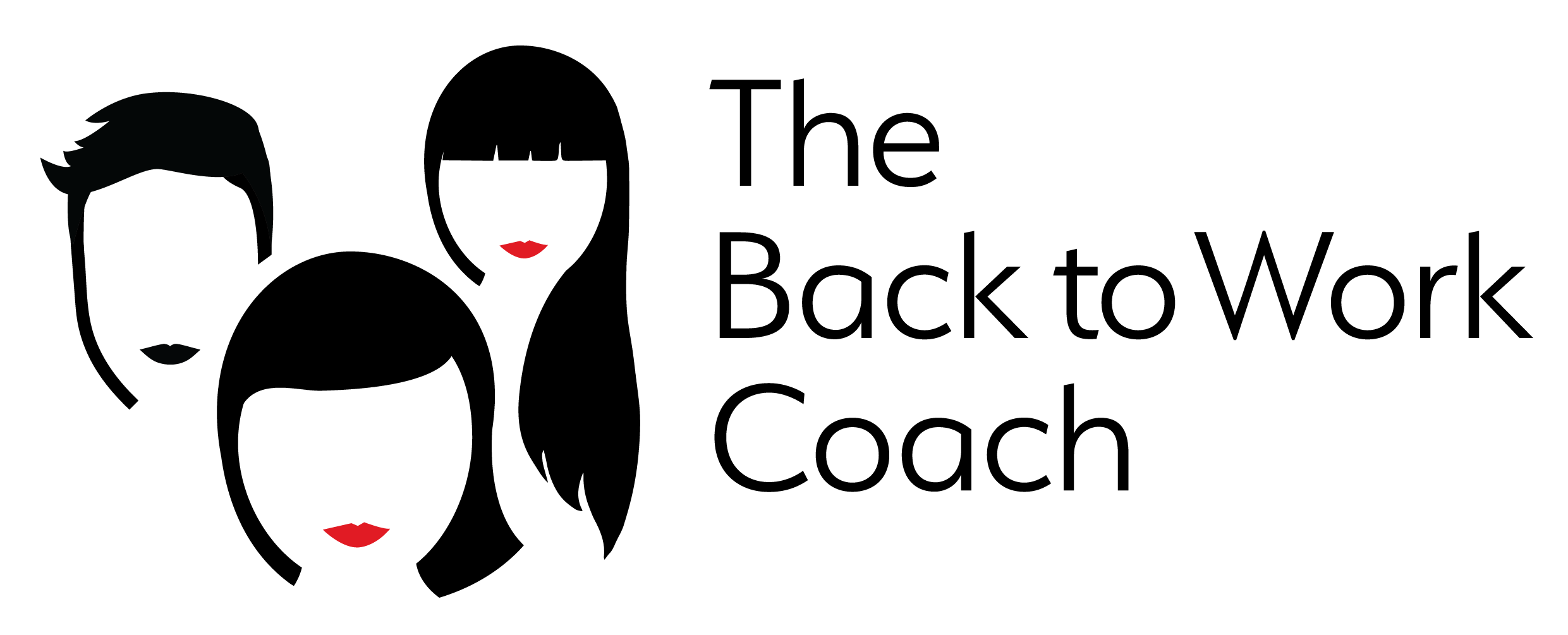The 5 Faces of the Professional Coach
A professional coach works with individuals to help them gain self-awareness, clarify goals, create action plans, unlock their potential, and act as a sounding board. They are not consultants or therapists and do not give advice or solve their client’s problems. Instead, they ask questions to help an individual clarify and solve their own problems.
During the course of the coaching relationship, a coach will hold many roles for their client, depending on where the client is at in their journey and what they need in that moment. Some of these roles include:
The Sounding Board: Have you ever heard yourself say something out loud and then thought ‘that doesn’t sound quite right!”? Coaching provides the time and space for clients to express their thoughts; to ‘hear themselves think’. The coach’s ability to summarise and ask relevant questions helps the client reflect on, examine, and learn from their beliefs, assumptions, and perceptions of reality.
The Strategist: Strategising is one of the primary activities in any coaching relationship. The coach works with the client to help them identify the best possible strategy to achieve their goal(s). Together the coach and the client will consider all available information and resources to create the easiest, simplest, and most cost-effective plan that aligns with the client’s unique priorities, vision and values.
The Cheerleader: Everyone needs someone in their corner; someone who has their back and believes in them. The coach operates from a place of unconditional positive regard and acceptance for the client and offers acknowledgment and encouragement for the steps and shifts taken by the client.
The Devil’s Advocate: Often having the chance to examine an assumption, a strategy or even a goal from an opposing point of view brings a new level of awareness or resolve to the chosen path. At times, the coach may kindly, and with the client’s permission, encourage them to consider alternate points of view in order to deepen learning and/or commitment.
The Accountability Keeper: Writing it down, sharing the goal with another, and providing regular updates on progress are proven strategies for enhancing goal achievement. The coach supports the client to achieve their goals by helping them clarify and record them, determine how best to measure and celebrate success, and to provide them with regular progress updates.
Coaches hold these roles and many more. Who do you need your coach to be in order to achieve your potential? As a Coach, what other roles have you played?
Rebekah Fraser, ACC, is a member of the ICF New Zealand Northern leadership team. Rebekah is the founder of The Back To Work Coach, a coaching consultancy supporting mums, and the organisations they work for, in their transition back to the workplace after parental leave.

